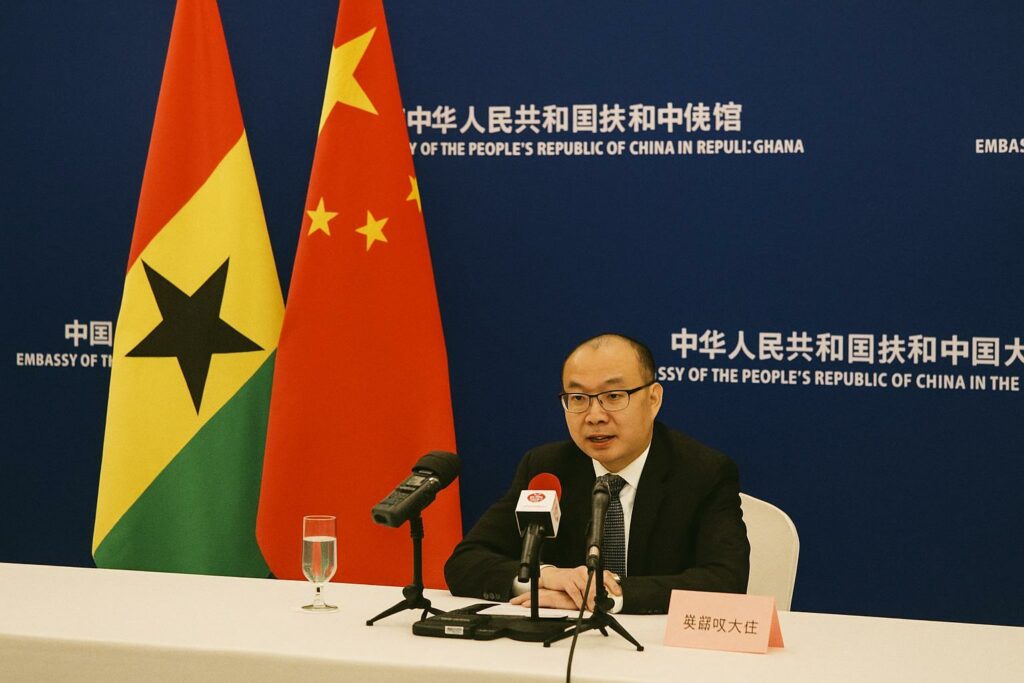Historic Trade Milestone
The trade relationship between China and Africa has reached a historical peak with commerce totaling a remarkable $134.16 billion from January to May 2025. This figure represents a 12.4% increase over the same period last year, as announced by China’s Ambassador to Ghana, Tong Defa, during a recent press briefing in Accra on June 19. China’s longstanding position as Africa’s leading trade partner for the sixteenth consecutive year reflects the strength of this economic alliance despite a longstanding structural imbalance.
Surging Chinese Exports
According to data from China’s General Administration of Customs, exports from China to African nations surged by 20.20% year-on-year, reaching $83.51 billion. Meanwhile, African exports to China witnessed more modest growth, climbing by just 1.6% to $50.65 billion. This imbalance resulted in a trade deficit for Africa amounting to $32.86 billion over the five-month period. Declining prices for several key commodities have exacerbated this deficit.
Manufactured Goods Versus Raw Materials
The structural nature of the Sino-African trade relationship remains largely unchanged. China primarily exports finished goods such as textiles, machinery, and electronic equipment to Africa. In contrast, Africa exports raw materials—principally crude oil, copper, cobalt, and iron ore—to China. This pattern sustains a chronic trade surplus in favor of China, notwithstanding diversification efforts in some African countries.
Beijing’s Tariff Concessions
In an attempt to mitigate this trade imbalance, China has removed tariffs on 98% of imports from 21 African countries, including Ethiopia, Rwanda, Mozambique, and Guinea, in recent years. Furthermore, since December 1, 2024, China has exempted its Least Developed Country (LDC) partners, including 33 African nations, from import tariffs. China now plans to extend these tariff eliminations to all African countries that maintain diplomatic relations with it. This initiative appears to both solidify economic ties and counter increasing competition from the United States. An economic pact to formalize these measures is reportedly under consideration, though its implementation date remains unspecified.

